The increasingly strident demand by younger Nubians for fair and equal treatment by the government of Egypt has become a major development among the peaceful societies over the past year. A recent scholarly analysis of the reasons for the protests is thus quite timely. The point of the article by Maja Janmyr, a post-doctoral researcher in the Faculty of Law at the University of Bergen, Norway, was to describe why the Egyptian Nubians have become more outspoken in their demands for improvements in their situation.
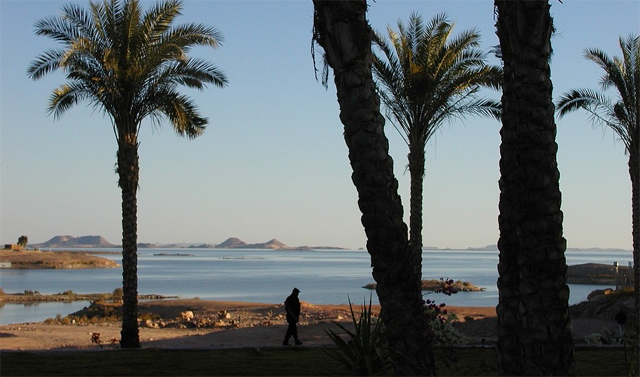
By way of background, Janmyr wrote, the Nubians lost their homeland, usually referred to as “Old Nubia,” in the 1960s when the Aswan High Dam was completed and Lake Nasser drowned their villages, forcing them to resettle elsewhere. They were dispersed into large cities and small villages across Egypt and abroad.
For the first 40 years or so, the exiled Nubians tended to accept their fate. But several factors were disturbing their sense of acceptance. For one thing, Egypt defines itself as an Arab nation, and its people as being Arabs. That attempt to focus the national identity on “Arabism” ignores the fact that some of their citizens, such as the Nubians, are not Arabs. In 1994, for instance, the Egyptian representative at the United Nations explained how “Egypt is a homogeneous society and that its people only speak one language (p.131),” a statement that was palpably false.
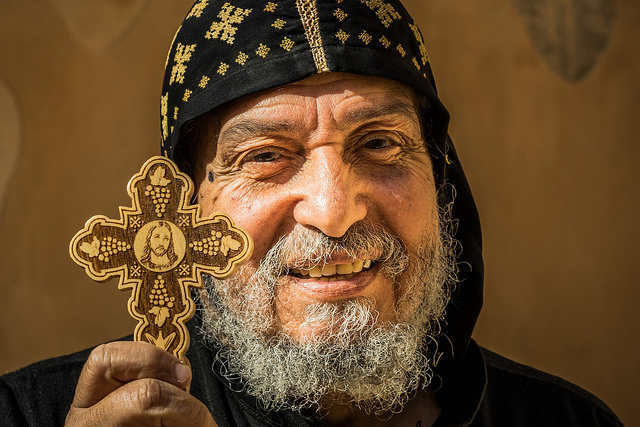
Oddly, however, Egypt has for a long time fully accepted the fact that it is a religiously plural society since minorities, such as the Coptic Christians, have been accepted for the most part. Egyptian nationalism and citizenship is based on their supposed Arab identity. In that spirit of nationalism, many Nubians in the 1960s supported the flooding of their homeland by Lake Nasser since it was promoted as being for the greater good of the developing Egyptian nation, which seemed more important than mere Nubian interests.
As part of the Arab nationalism spirit in Egypt, the Nubians and their culture have been marginalized. The Arab language has been privileged and other cultures and languages have been stigmatized as backward. Nubian activists describe the process as one of “de-Nubianization.” While Egyptian authorities deny that discrimination exists, Janmyr describes patterns of state repression that many Nubians are all too aware of. Many report that they used to refrain from activism precisely because of a fear of the state.
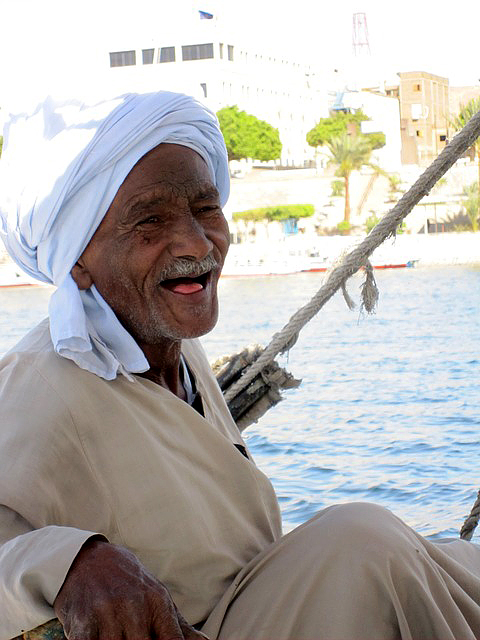
The Nubian community has been hesitant to become active in their own interests because they are, themselves, fragmented. Nubian youth today are angry at their elders because they accepted the exile from Old Nubia without much protest. Older Nubians believed that their lack of promised housing, or their lack of employment, were primarily Egyptian problems rather than just Nubian issues. To perceive them as caused by their Nubian identity would be a betrayal of Egypt, they felt. Younger Nubians have come to strongly disagree with their elders.
Janmyr provides an effective history of Nubian protests over the past 12 years. Beginning in 2005, they started questioning the attitudes of their seniors. They began to reject the idea that it was best to maintain the status quo and they started challenging the system. The Egyptian Nubian Association for Lawyers (ENAL), formed in 2007 by the Nubian lawyer Mounir Bashir, began filing law suits arguing for the right to return to ancestral Nubian lands or for a just compensation for their confiscated homes. Those law suits were still pending as of early 2016.
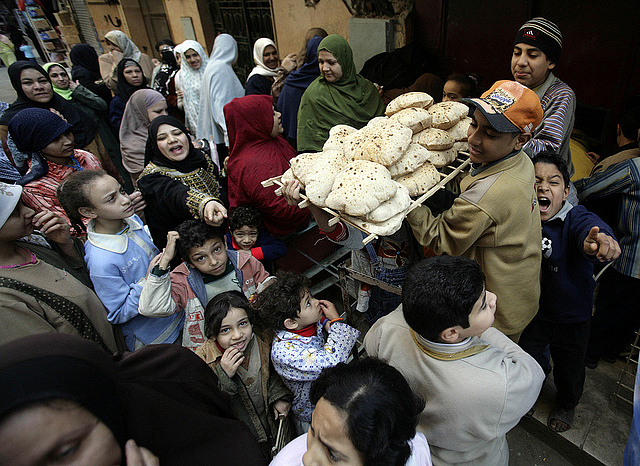
The so-called “Bread Crisis” of 2008 was a massive general strike called to protest the falling wages and rising costs of food in Egypt. This protest movement relied heavily on the social media, which helped the activists organize. The Bread Crisis prompted Nubians to seize the momentum of the moment—it inspired them to demand their own rights. Although many of the younger ones may have had little contact with Old Nubia, those events of 2008 prompted them to become more politically engaged and more vocal in demanding justice.
In 2010, Manal el-Tibi, head of the Egyptian Center for Housing Rights (ECHR), petitioned the United Nations Office of the High Commissioner for Human Rights to recognize the Nubians of Egypt as an indigenous people. This bold, and risky, step resulted in charges that Ms. El-Tibi, herself of Nubian ancestry, was advocating secession. She and other Nubian leaders were subjected to intimidation because of their increasing levels of activism but the domestic political situation was changing and they were willing to run risks in order to take advantage of the ripening opportunities.
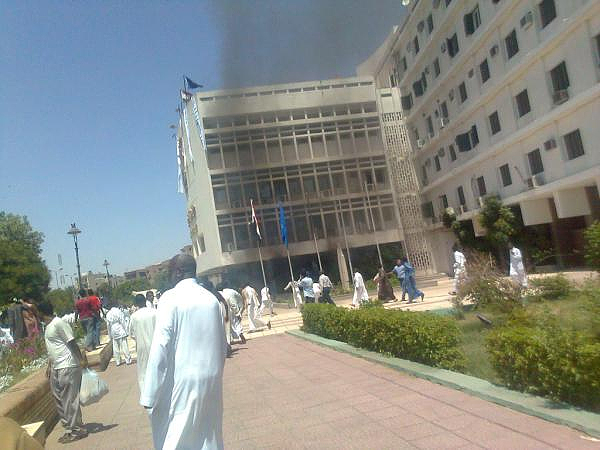
The January 24, 2011, revolution that toppled the Mubarak regime marked an important turning point for Nubian activism. It was the beginning of their willingness to take their cause to the streets. They recognized the danger of demonstrating for their rights, but change was in the air and they felt that they had to act. A massive protest by Nubian youth in Aswan in September 2011 resulted in the burning of a government building.
But Nubian petitions and draft laws presented to the new parliament early in 2012 went nowhere. During the administration of Mohamed Morsi and the Muslim Brotherhood, June 2012 – July 2013, Nubian grievances were mostly ignored. The revolution was a failure, they felt. One of the groups that formed to agitate for Nubian rights during this period, the so-called Katala (brave warriors), announced in November 2012 that they would resort to violence if Nubian rights were not respected. Most of the other Nubian activists disagreed with their threats, however.
The military intervened in July 2013 and overthrew the government of President Morsi as well as the 2012 constitution, offering another chance to the Nubians. In the person of Haggag Oddoul, the famous Nubian writer, they were invited to participate formally in drafting the new constitution. Oddoul had been viewed as a voice for radicalism a decade earlier, but by 2013 he was more of a unifying force among the fragmented Nubians. He included in his team many activists. Though all were disappointed when the constitutional committee of 50 members showed little interest in Nubian issues, the resulting constitution actually mentioned them—a significant advance.
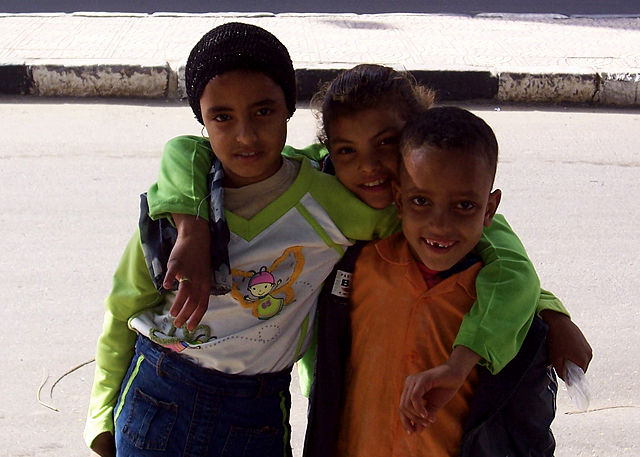
Article 236 of the 2014 constitution, a milestone in recognizing Nubian rights, was in fact based on the argument of the right to development rather than on any right of return to Old Nubia. Some activists were not thrilled with it since it framed the right of return only as an economic issue rather than in terms of the future of the Nubian people. A committee charged with drafting a law to implement Article 236 has so far been unable to move its drafts forward into laws.
Furthermore, the apparent gains by the Nubians may not translate into real gains on the ground, the author concluded. Under the military rule of President el-Sisi, civil society as a whole in Egypt is being rolled back. Presidential decree 444 of November 2014 undermines some of the achievements of Nubian activists by declaring large areas of southern Egypt, lands they claim for 16 different Nubian villages, as military zones. Nubians have appealed the decree based on its lack of constitutionality, but as the author was completing her scholarly, hard-hitting article in early 2016, the matter had still not been resolved. More Nubians joined protests in November 2016, which they promise to continue until the Egyptian government treats them fairly.
Janmyr, Maja. 2016. “Nubians in Contemporary Egypt: Mobilizing Return to Ancestral Lands.” Middle East Critique 25(2): 127-146. This is an open access journal article at the website of Taylor and Francis Online.